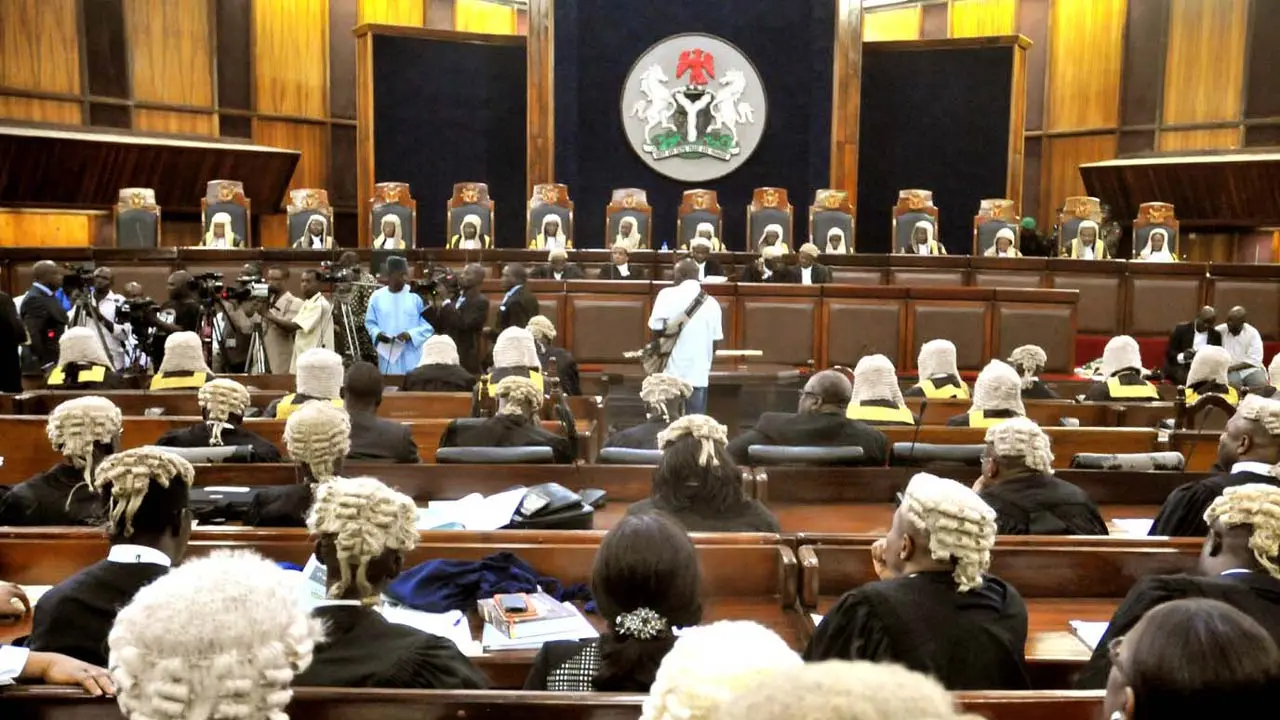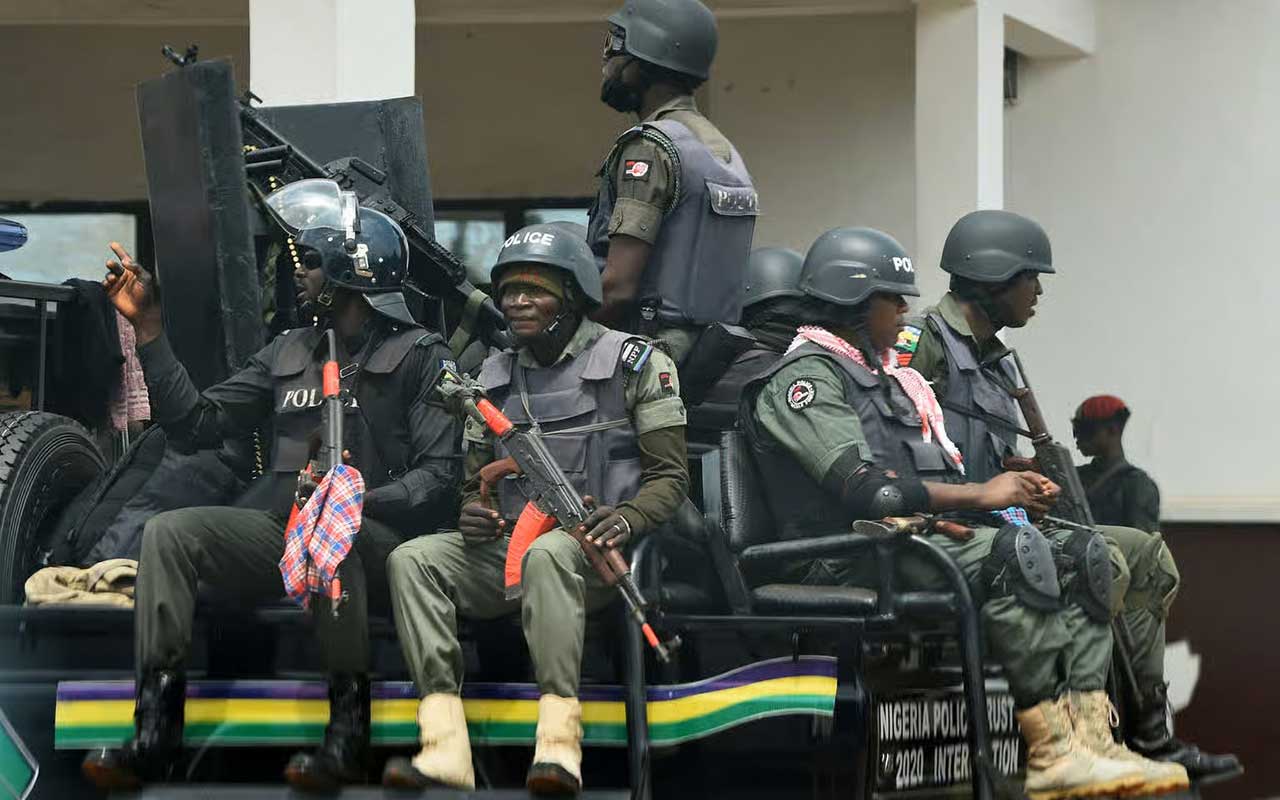 IF there is any area that successive governments in Nigeria have done very well, it is in the area of foreign policy. The thrust of Nigeria foreign policy is quite clear. A concentric circle defines Nigeria’s engagement with the outside world-West Africa first, Africa second and the global arena as the third sphere of Nigeria’s foreign policy priority. Charity for Nigeria begins at home or in the neighborhood. The Biafran experience taught the country a hard lesson that if your immediate neighbors are not happy with you, or you do not command their trust and respect, your search for regional or global power will be hollow and a wild goose chase. This philosophy remains relevant today as it was over thirty years ago when the policy was formulated.
IF there is any area that successive governments in Nigeria have done very well, it is in the area of foreign policy. The thrust of Nigeria foreign policy is quite clear. A concentric circle defines Nigeria’s engagement with the outside world-West Africa first, Africa second and the global arena as the third sphere of Nigeria’s foreign policy priority. Charity for Nigeria begins at home or in the neighborhood. The Biafran experience taught the country a hard lesson that if your immediate neighbors are not happy with you, or you do not command their trust and respect, your search for regional or global power will be hollow and a wild goose chase. This philosophy remains relevant today as it was over thirty years ago when the policy was formulated.
But in recent past, Nigeria has been caught napping as a sub-regional and regional power. The Malian crisis, at inception in 2012, was a test case of how Nigeria could swiftly and decisively quell a burning fire in its neigbourhood as it had done before. The ECOWAS Supplementary Protocol on Democracy and Good Governance, 2001 makes it explicitly clear that military coup is unlawful and unacceptable, and the region should neither tolerate nor negotiate with coupists. Sanni Abacha, Nigeria’s goggle military leader did not tolerate it in Sierra Leone; when the military struck in April 1997, he acted decisively and gave them ultimatum to leave. When the Malian crisis begun with the overthrow of the government of Amadou Toumani Touré, few months to the completion of its tenure, ECOWAS with Nigeria’s leadership could not take a prompt and uncompromising action, which left the coupists dictating the terms of their exit and ultimately serving as power behind the throne even after relinquishing power. The consequences still linger on till today in Mali.
The Boko Haram crisis also exposed Nigeria’s vulnerability in regional politics and power game. A few rag tag armies that started with threats and unorganised attacks, however, with poor state management developed into a monster that began to threaten the nation’s existence. At the height of it, our neigbours who ordinarily should seek our support and protection began to make offers in helping us out. Niger, Cameroon and even Ghana made overtures to Nigeria to help solve the problem. The African Union also intervened proposing the possibility of a multinational force that would assist Nigeria to douse the fire by Boko Haram. Undoubtedly, something was wrong and badly wrong with Nigeria at that point; Nigeria had lost its power and position in regional politics.
As Nigeria became increasingly demobilized locally, its voice in regional affairs also virtually went silent. Although with the rebasing of the Nigerian economy, Nigeria became the largest or biggest economy in Africa, this did not reflect in her troubled foreign policy. South Africa took over the leadership of the continent dictating the terms and conditions of the regional agenda and the dynamics of regional politics. South Africa as a member of the BRICS and G20 almost assumed the lone voice of Africa in the international system and pushing regional position in international fora. South Africa’s economic diplomacy was also profound with its major companies making inroad into different parts of the continent- its marketing chains- Pick and Pay, Shoprite and SPAR took over the retail trade in household chores in many countries; its electronic and telecommunications firms were not left behind- MTN and DSTV became household names across the continent. The huge elephant- Nigeria suffering from obesity was tired, fagged out and sleeping off!
With the successful political transition in Nigeria in which presidential power was transferred across parties, a new hope of democratic renewal and foreign policy rebirth seems to beacon in the country. Nigeria must reset its engagement with the region, the continent and the World and take its rightful place in regional political economy, once again.
With the successful democratic transfer of power, Nigeria has earned the political legitimacy to insist on free, fair and credible elections all over the continent; of ensuring that the African Charter on Democracy, Elections and Governance of 2007 is given a new lease of life, with its key provisions on elections, human rights and constitutionalism respected and providing leadership and direction in implementing Agenda 2063, which is the new development blueprint by the African Union. The security and stability objective of silencing the gun in Africa by 2020 is something Nigeria in partnership with other big countries like South Africa must pursue with relentless vigour. Nigeria must take a lead in constructing a new narrative about Africa and its future.
In resetting Nigeria’s foreign policy, an informed articulation through an inclusive but robust intellectual dialogue of experts, practitioners, policy makers and political leaders is imperative to redefine strategy and tactics in promoting Nigeria’s foreign policy priorities. Bolaji Akinyemi’s tenure as foreign affairs minister was one of the most colorful moments of Nigeria’s foreign policy, just like Joseph Garba’s tenure as a military foreign affairs minister was the most dynamic and pragramatic in the history of the country. In both cases, clear ideas, strategies, focus and political will underpinned Nigeria’s foreign policy derived from strong intellectual basis and articulation.
Nigeria needs to reclaim its voice and power in regional and global arena in the political, economic and social spheres. It is not about wasting resources or undertaking propaganda through branding in international cable news media, but strategically defining its core interests, the mechanisms and processes of pursuing them and how to galvanise both West Africa and the continent to new possibilities of political and economic transformation. Creating clear and strategic vision at home is a sine qua non to establishing strong regional presence on the continent. Nigeria’s domestic policies will have to complement its foreign policy agenda.
With one out of every four black African being a Nigerian, Nigeria by virtue of its population, human capital, size and resources, has a manifest destiny to play a major role in the economic and political transformation of the continent. The vehicle for doing so is her foreign policy. The sleeping elephant has slept for too long, and must wake up to begin to chart the future, not only for West Africa but the continent.
Prof. Adejumobi lives in Lusaka, Zambia and writes in his personal capacity.






